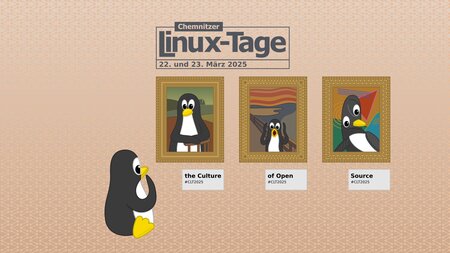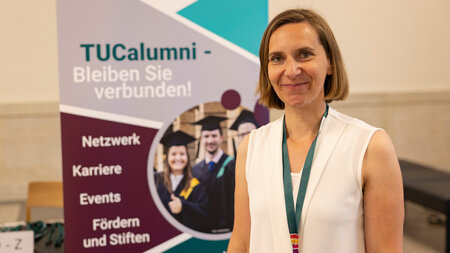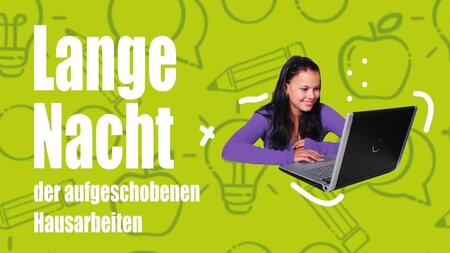Informatik-Kolloquien
301. Informatik-Kolloquium
Professur Technische Informatik
Gastvortrag
Adjunct Professor Carla M. A. Pinto
Polytechnic Institute of Porto
Portugal
"Teaching Mathematics in Engineering Courses: Challenges of the 21st Century"
Donnerstag, 18.07.2019
09:00 Uhr, IBS Laubusch
Alle interessierten Personen sind herzlich eingeladen!
Informationen zu Adjunct Professor Carla M. A. Pinto:
Carla M.A. Pinto is an Adjunct Professor of the School of Engineering of the Polytechnic of Porto, having started her academic career in 1997. She is an integrated member of the Centre for Mathematics of the University of Porto, since January 2004, where she develops research in the area of dynamical systems.
Miss Pinto develops mathematical models in the field of Robotics and epidemiology.
She is involved in international projects as a research member and is the coordinator of an Erasmus + project in the area of new teaching methodologies for Mathematics courses in Engineering courses. Miss Pinto has been invited to integrate scientific and program committees of several international conferences and is a member of the editorial committee of international journals, with high impact factors.
She is also a reviewer of international journals of Elsevier, Springer, Taylor & Francis, to name a few. She is the author of books published in national and international publishers and is a guest editor of special issues in scientific journals.
Miss Pinto organizes international conferences and sessions at international conferences.
Has more than 100 publications in international journals and conferences. She has more than 900 citations, her h-index is 16 and i10-index is 27.
Abtsract:
The Fourth Industrial Revolution allowed for an extraordinary development of technology and commerce. Robotics, artificial intelligence, augmented reality, virtual reality are some of the key areas of this revolution. We live in a global world, where information is exchanged, at the speed of light, between actors located anywhere on the planet. It is in this setting that engineers plot a course for a rewarding and productive work life. Today's engineer faces a variety of tasks (employers, customers, startups, firms) that require a broad set of technical, business and interpersonal skills. All this develops within ever-changing interdisciplinary teams. It was in this context that a new way of teaching mathematics began to be addressed for students attending Bachelor degrees at the School of Engineering of the Polytechnic of Porto - ISEP. We speak of the active teaching-learning model, which is characterized by a greater responsibility of the student for his/her learning process. Active teaching is the result of a combination of many factors, such as good planning, involving the participants, creating an effective infrastructure and using Information and communications technology (ICT). It has been proven that active teaching improves student performance, promotes problem solving and teamwork, increases reasoning, writing and communication skills, helps retention concepts, and reduces retention rates. In this lecture we talk about the implementation of some active teaching-learning activities, namely Hands-on, Think-Pair-Share, Group Review, Jigsaw, eduScrum, in Mathematics courses for Engineers. We will focus on issues related to lesson planning, student involvement, use of ICT, among others.





